Understanding the reasons
That in some countries there is censorship is a secret to no one. Censorship has as its objective to have a certain "moral control" in society, making so that this one stays away from influences considered bad or dangerous.
Let it be clear that this is not a new change, but instead it has been like this since the game was launched, and even before it was officially launched, because some types of censorships already existed in League of Legends. For example, for the champion Vladimir, which to avoid showing blood, his skills’ art is represented by black smoke.
Ad
This happens here because Riot Games, such as Valve, is one of the companies which promised to adapt content in order to be able to have their games released in countries with censorship. Some other companies which also made that promise were Epic Games, Blizzard and Activision. The companies, both in the gaming, cinema or TV industries, which don't agree to make this content adaptation, are legally forbidden.
Now that we understand the concept behind the censorship, let's get to them!
Censored Cards
Check out now some of the cards that were censored and why:
Outfit Changes
First we have the censorship of sexualization, that is a very sensitive topic, mostly in games which are meant for kids. Because of that, most women who show a little bit more of their bodies, end up having their clothes censored.
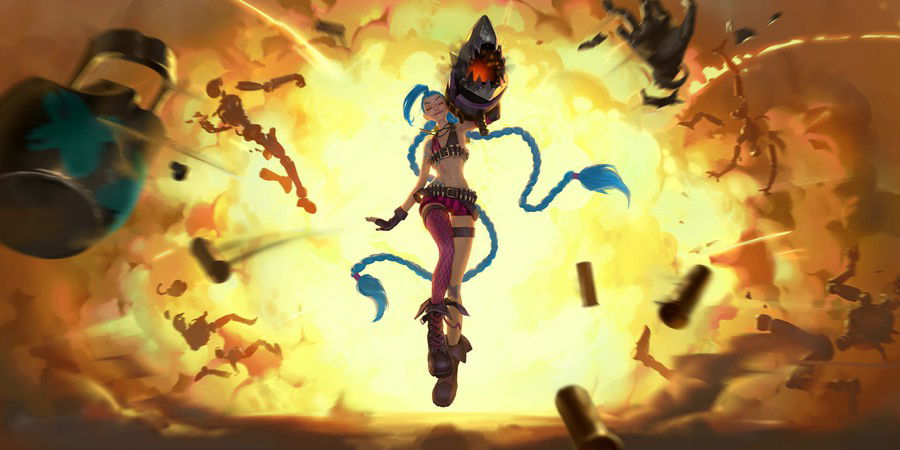
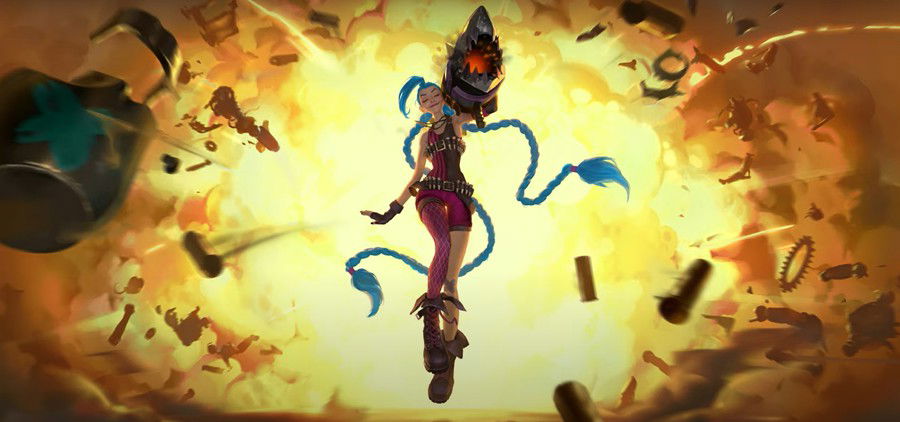
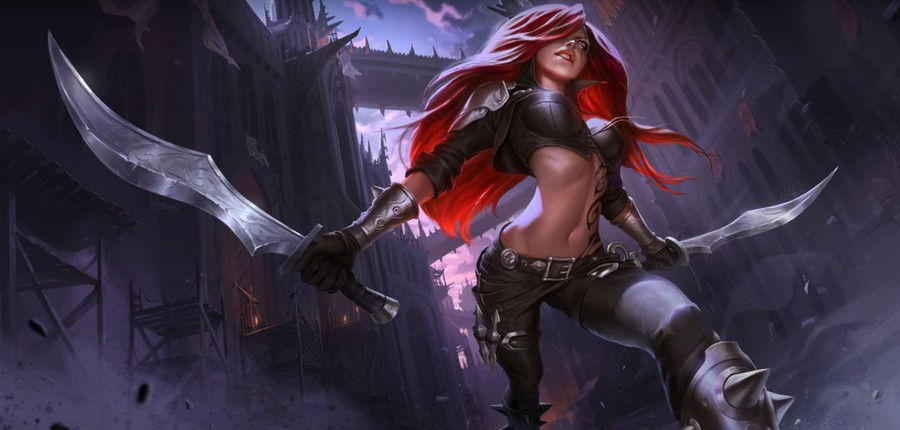
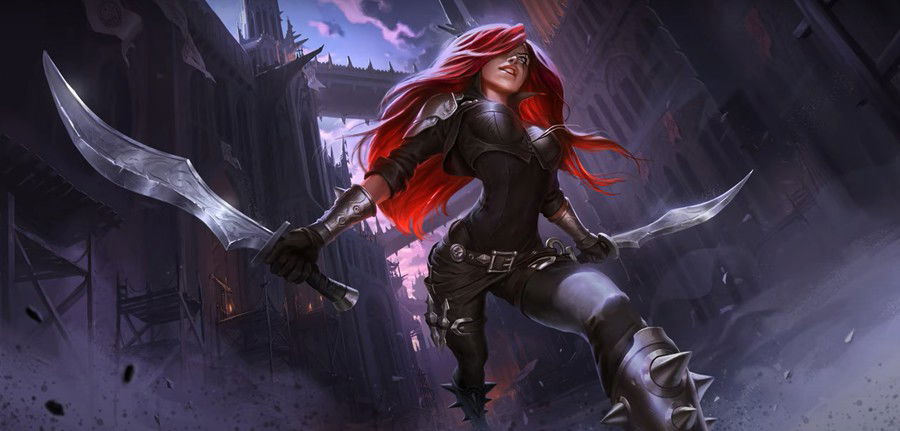
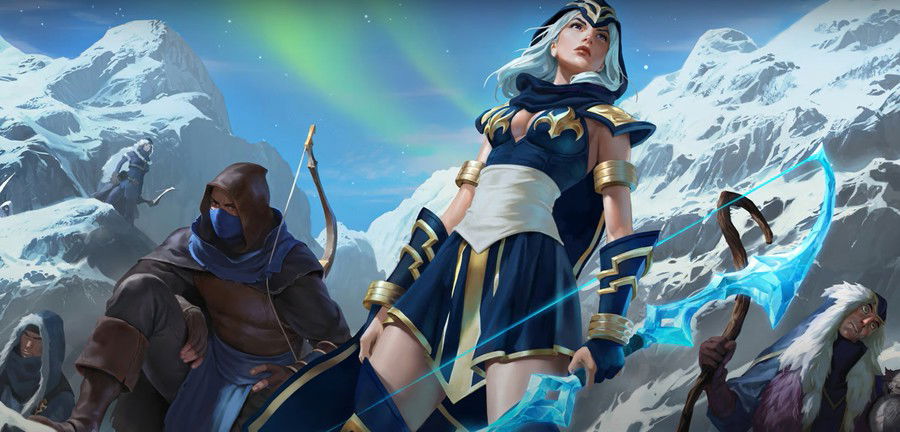
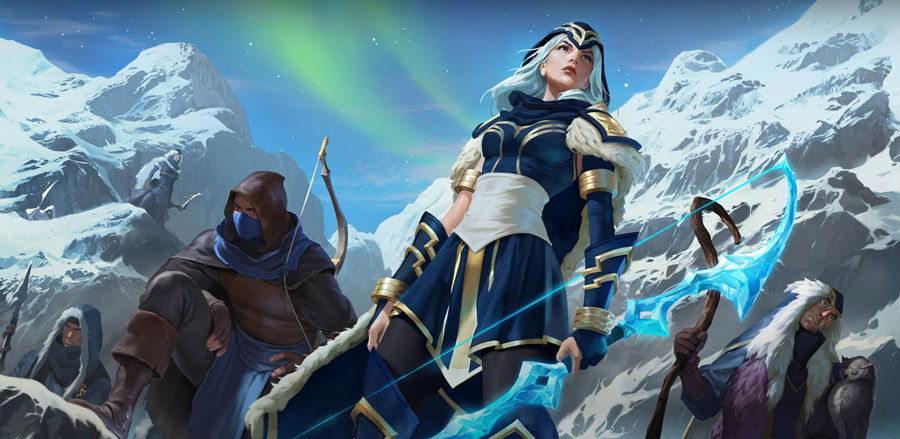
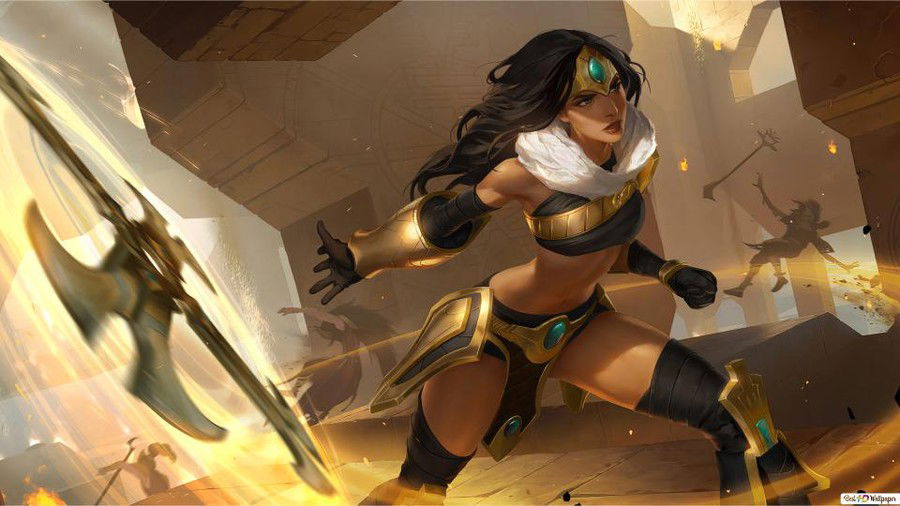
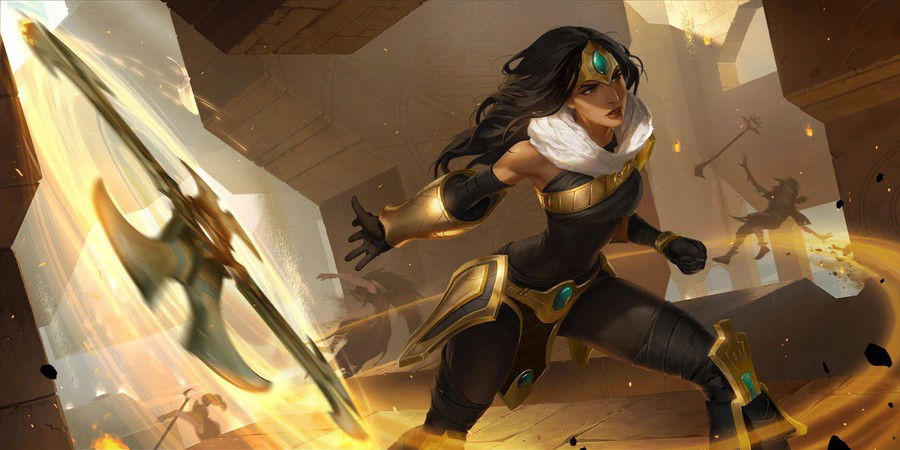
But we have to admit that some clothes even got more stylish than the originals, such as Elise's:
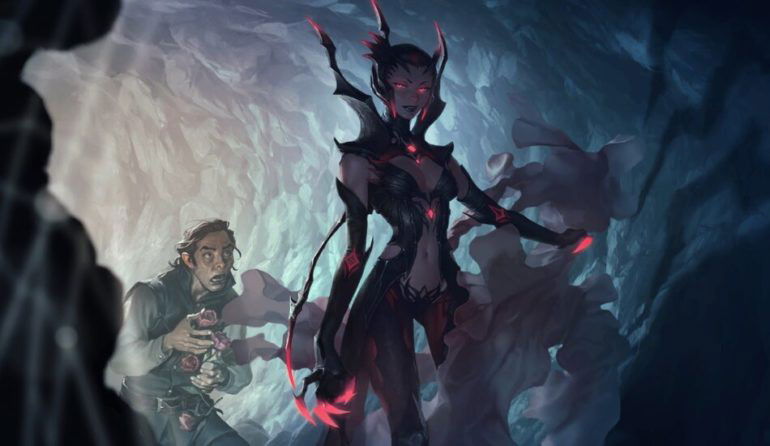
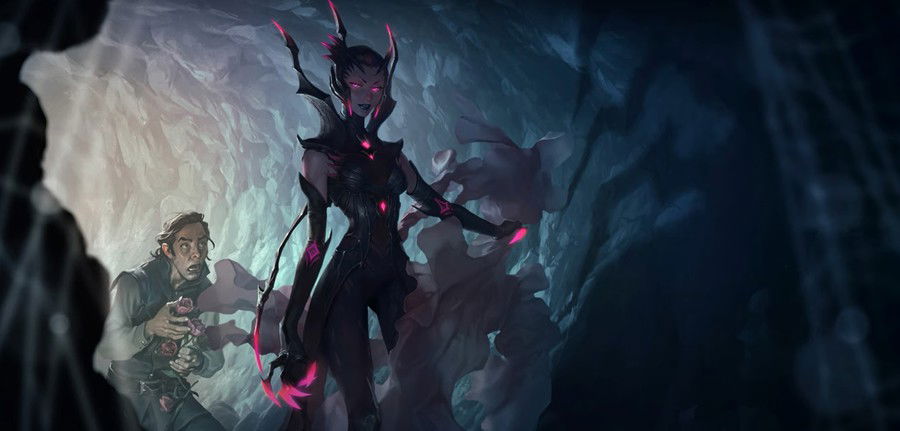
Censoring Alcohol and Pipes
It wasn't only the champions that were censored, but also many followers. Including those who make mentions to drugs and alcohol, because cards with those substances may be suggestive, mostly to kids and teenagers.
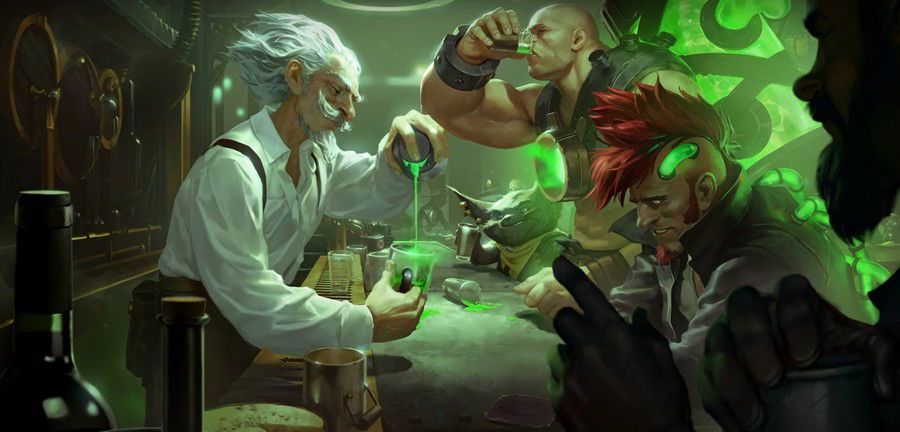
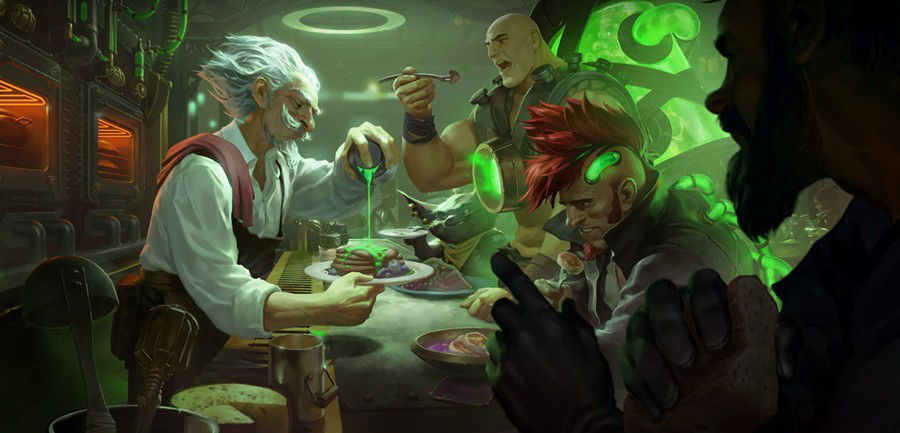
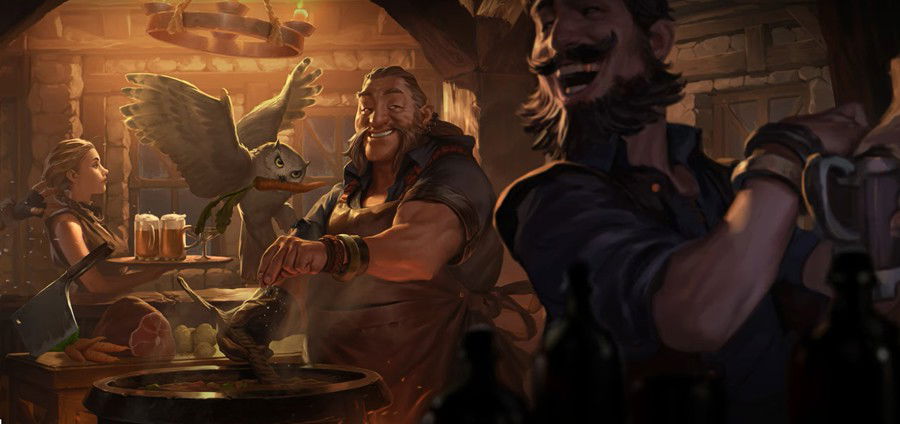
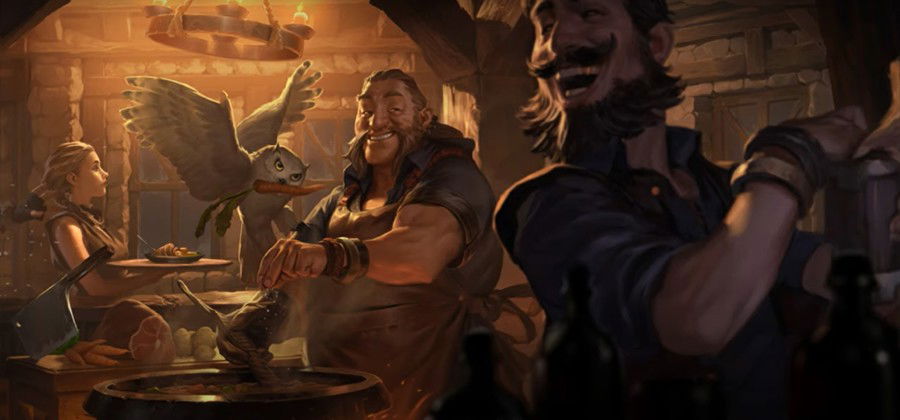
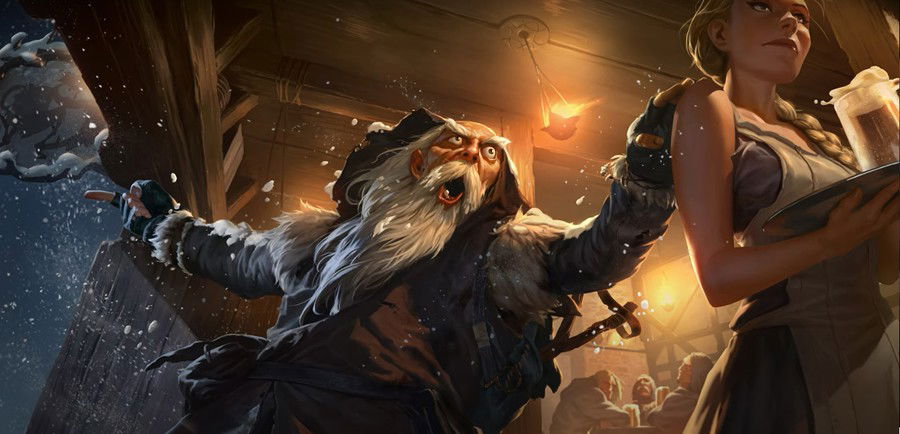
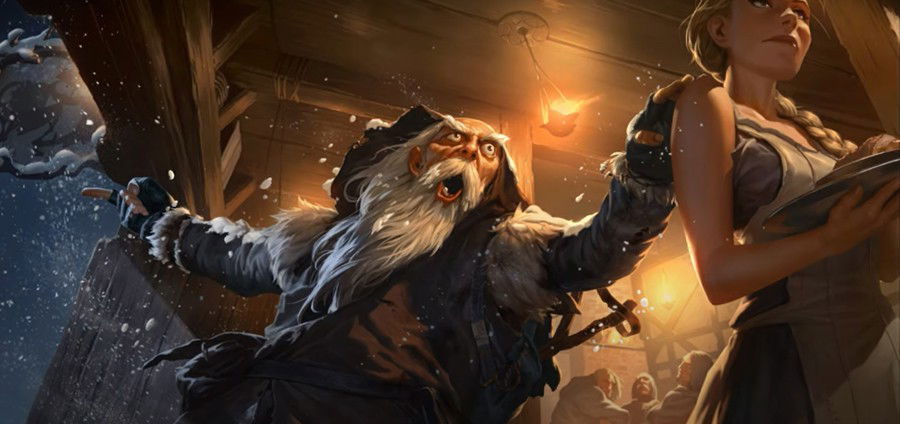
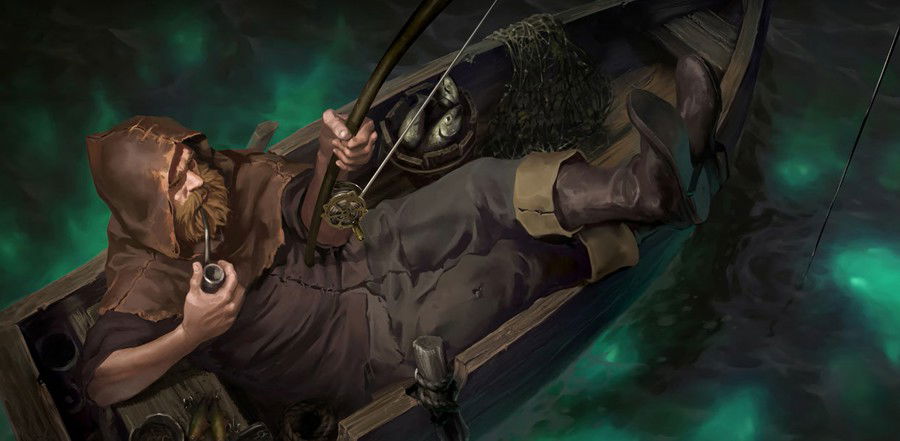
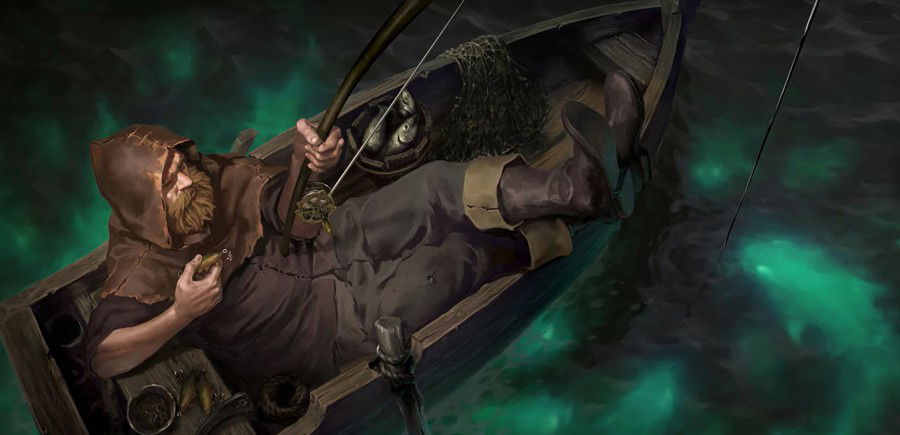
Censoring Skulls and Blood
Besides being a good example, games and media content also have to be appropriate, avoiding causing players discomfort.
Because of that, skulls and blood apparitions were also censored in many cards. With that, we can imagine that many Shadow Isles cards and Vladimir's followers were completely altered. And we are not wrong to think that way.
Ad
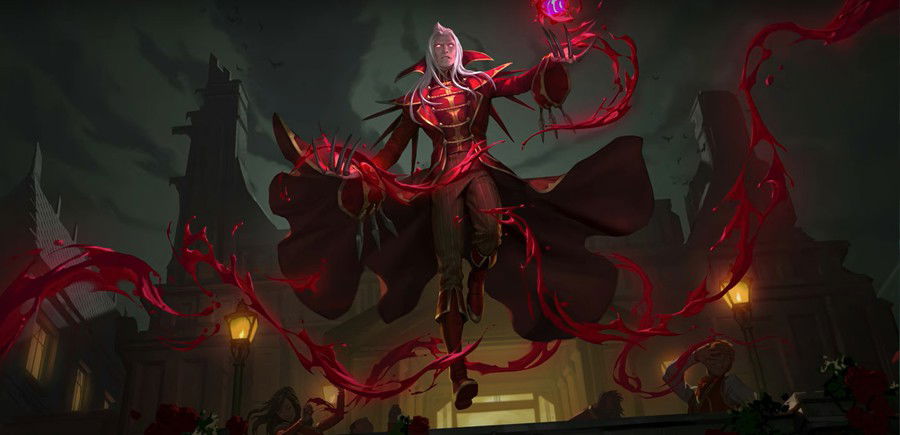
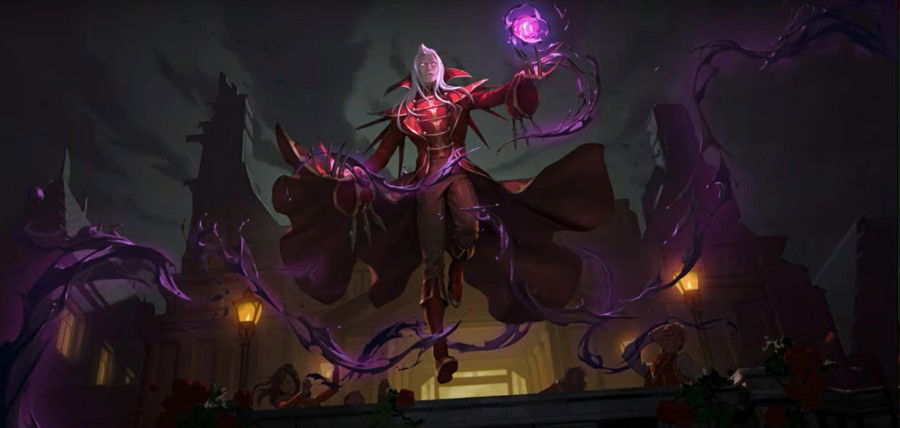
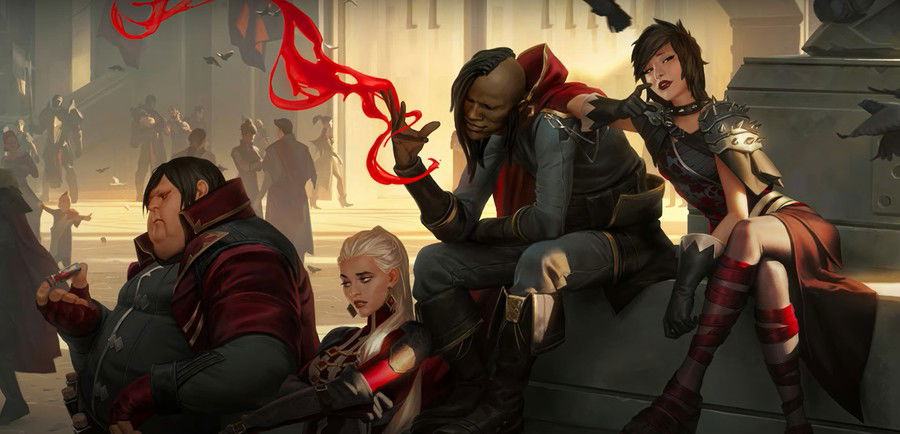
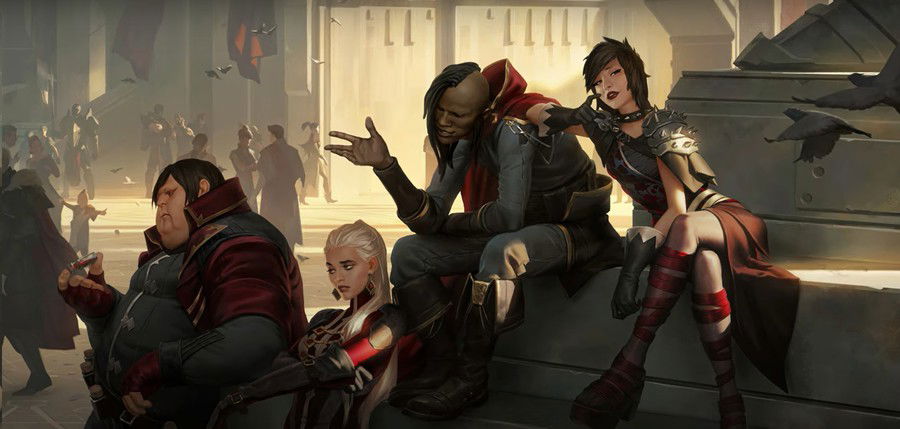
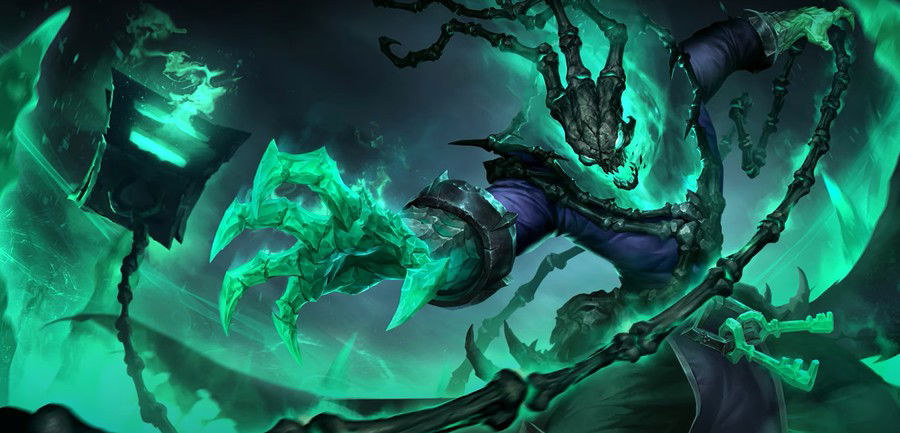
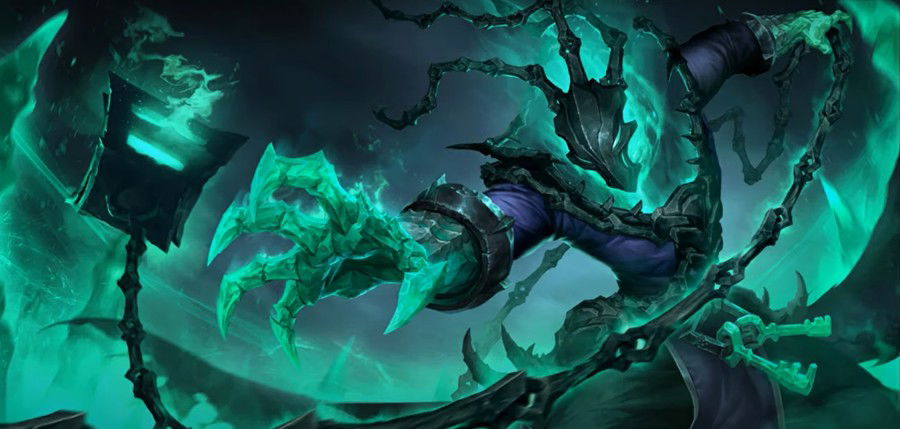
All Thresh's followers minimally similar to him, which have faces similar to skulls, were changed for armor. This was also the case of Commander Ledros and Iron Harbinger, for instance. As for those followers in which it wasn't possible to put on armor, the skull mentions were simply erased.
It's the case for the card Mistwraith:
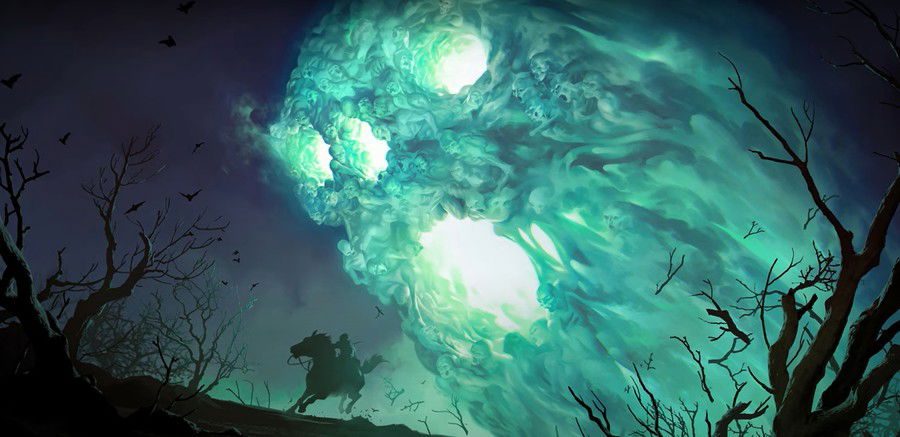
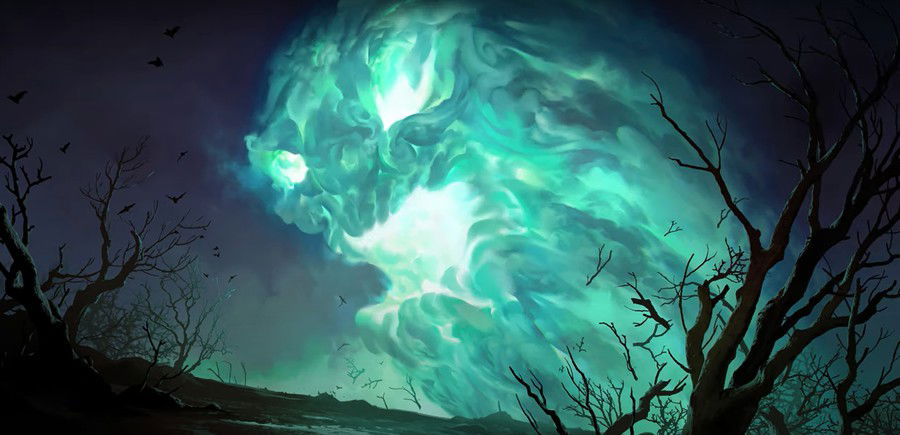
Censorship of Death and Wars
As skulls and blood can be uncomfortable, dead bodies and battlefields can too.
To avoid this trauma to its players, countries decided to censor these elements too, mostly the images which show human beings in close danger.
For instance, the champion Hecarim, who before was clearly in a war, but after the censorship we don't have hints of that anymore.
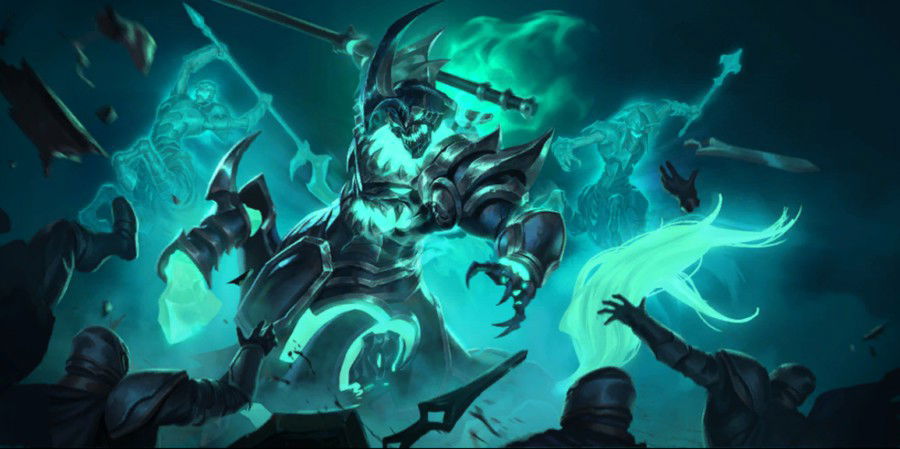
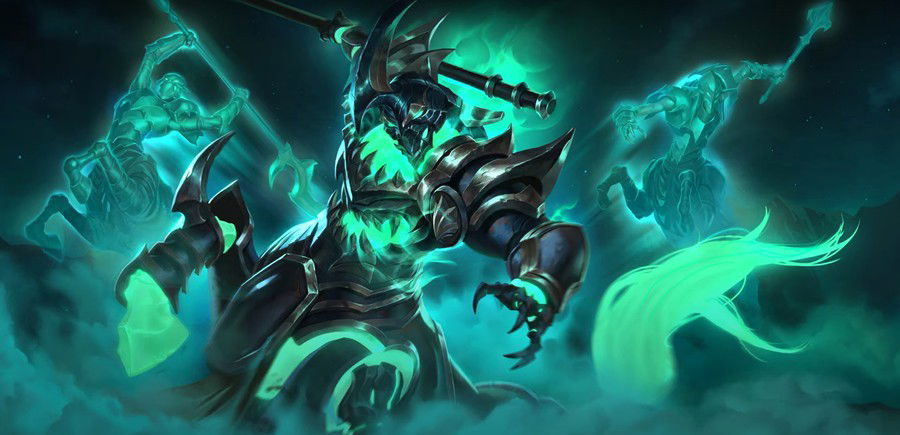
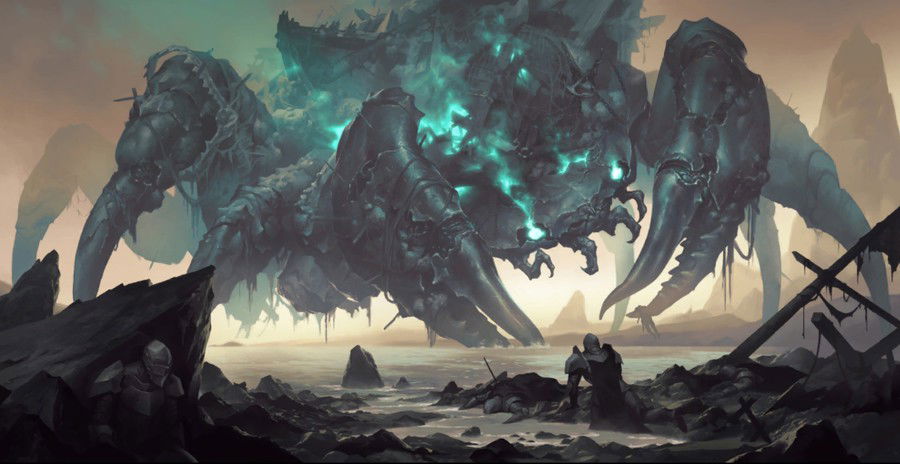
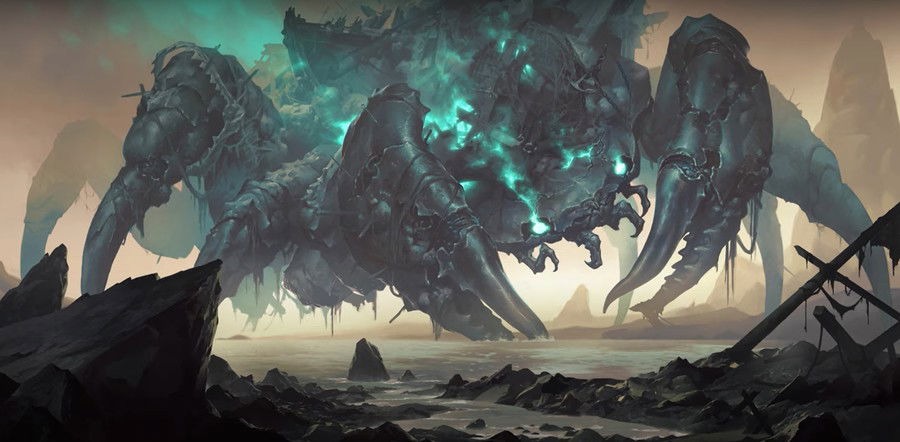
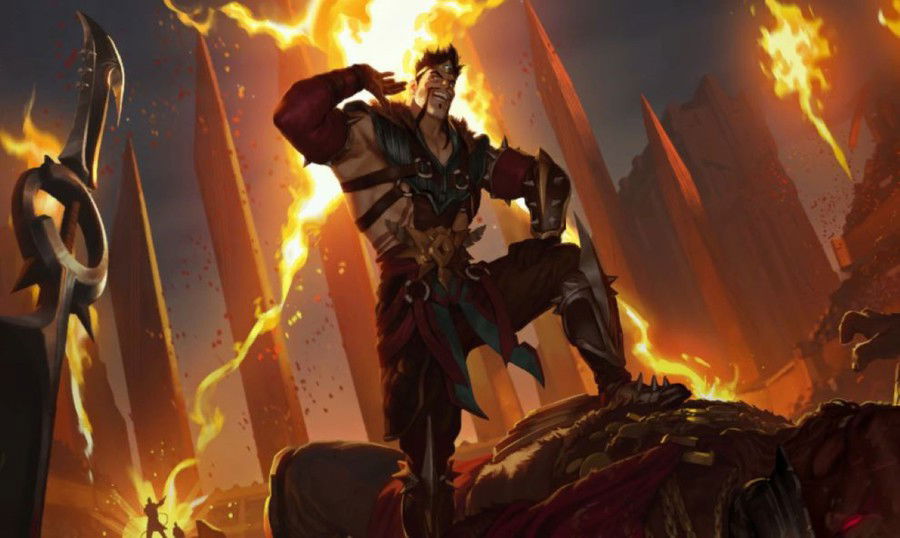
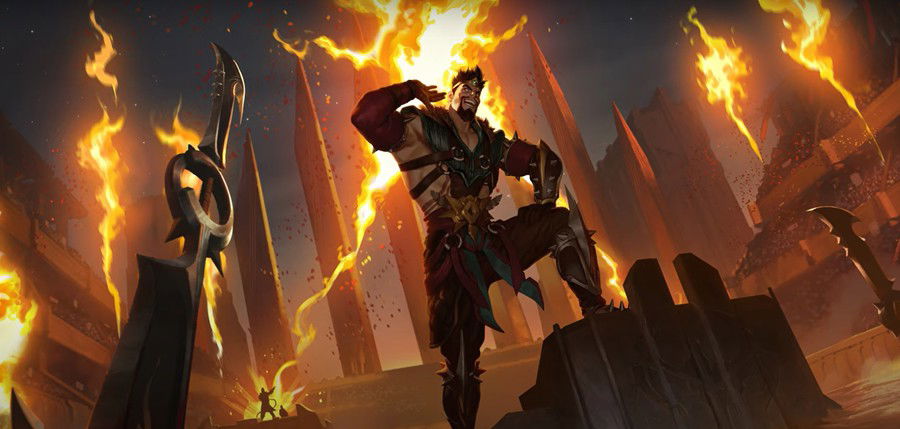
Besides censoring death and close danger, the color patterns were also altered, to look less "aggressive" and "scary", as we can see in Alpha Wildclaw:
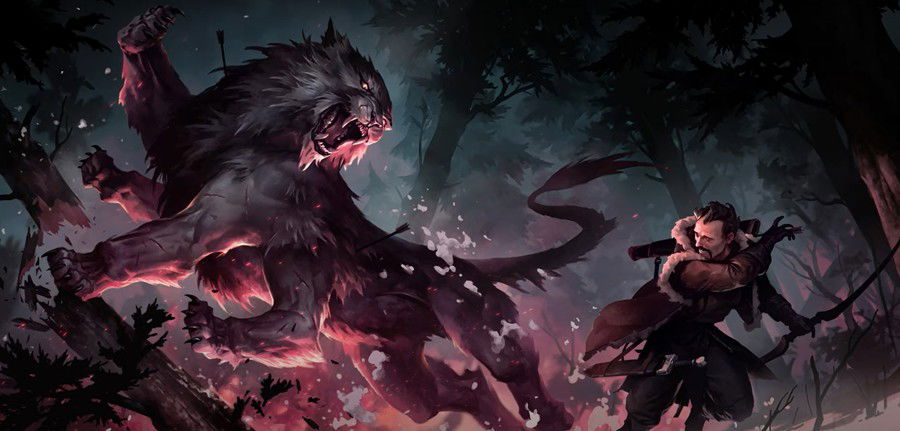
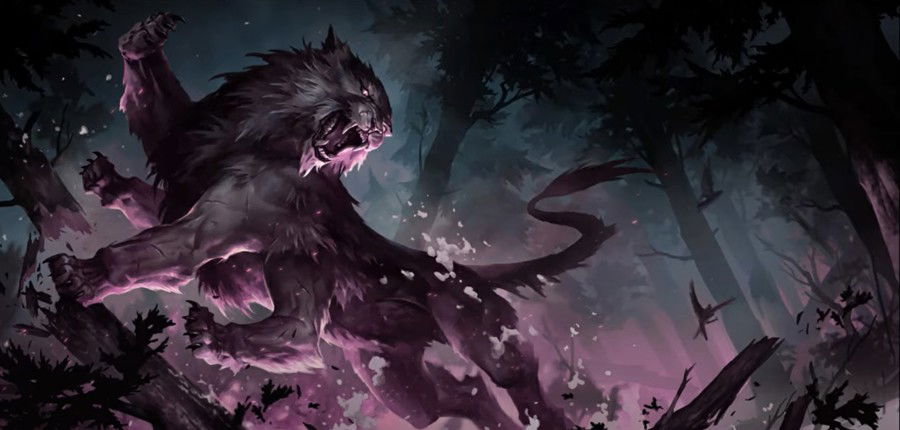
Censoring sharp things
Animals with sharp teeth and claws point to violence and aggression, so some countries thought it convenient to censor them too in order to keep the game's greater well-being.
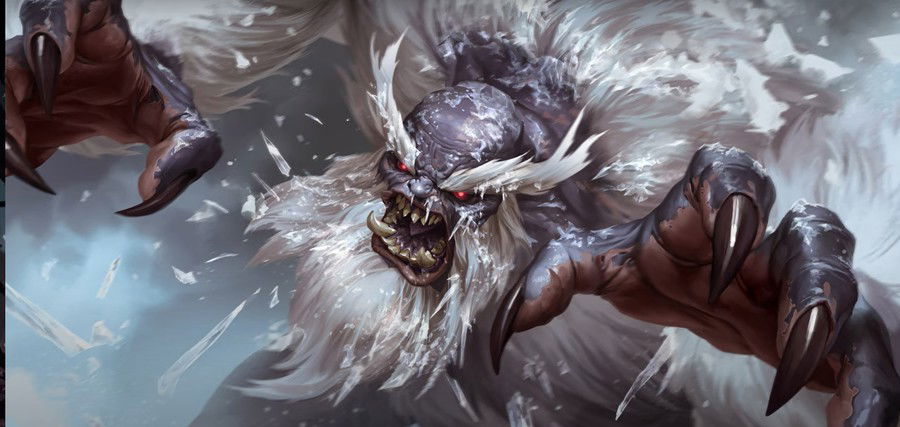
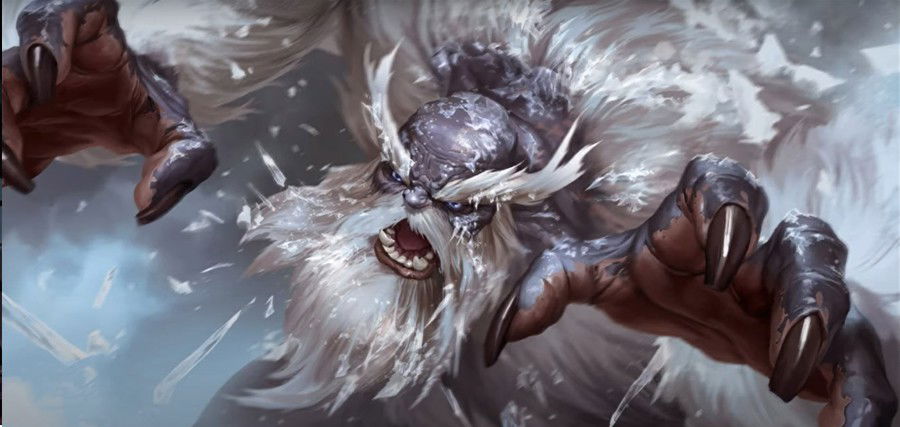
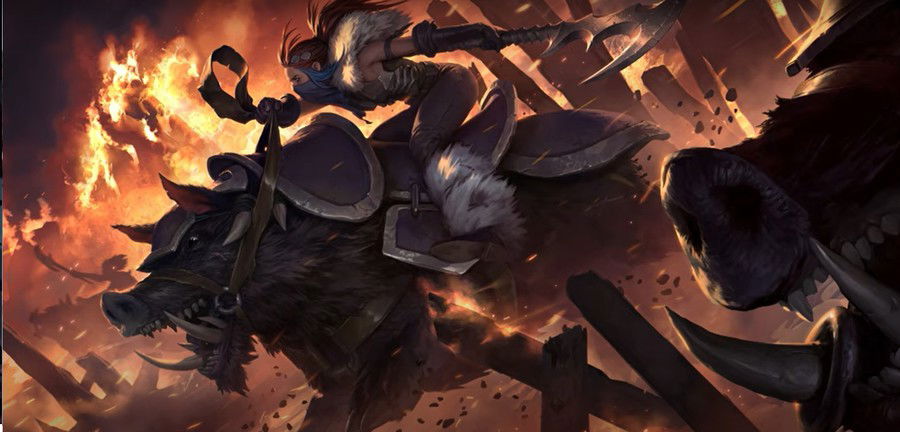
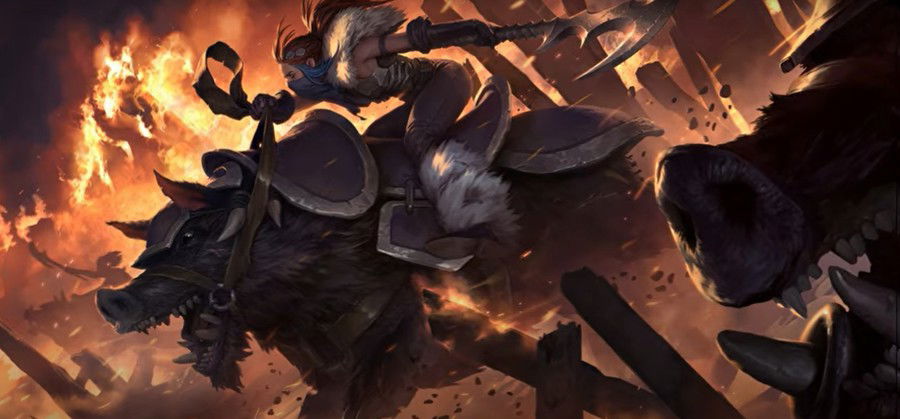
Color Changes
As we could see in the card Alpha Wildclaw, some cards also suffer color changes to seem less aggressive and violent. But instead of what we've seen before, there are some that just change color.
Ad
Some even in a controversial way, such as the card Trifarian Shieldbreaker, which in full battlegrounds has only its color pattern altered.
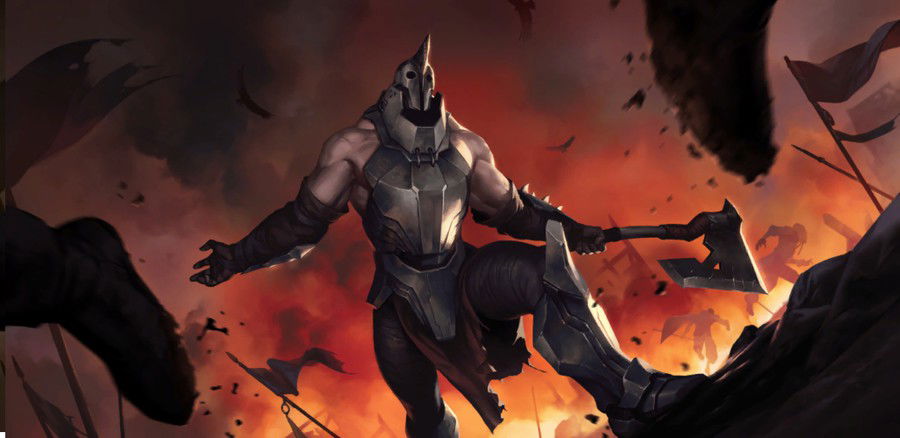
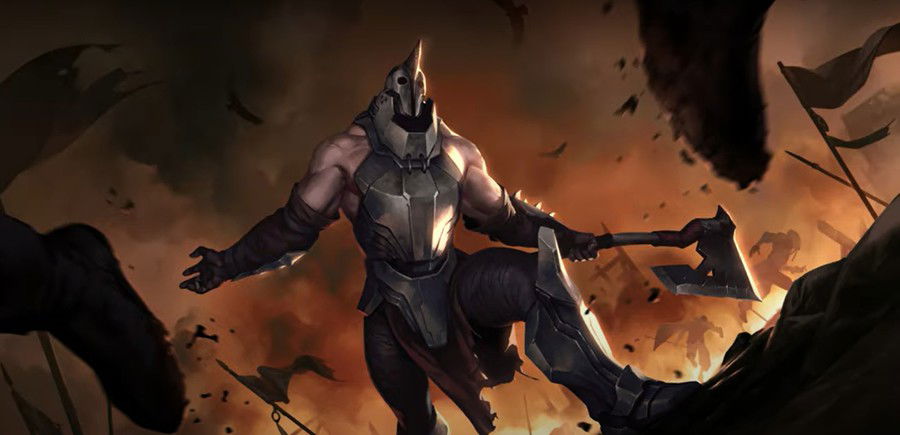
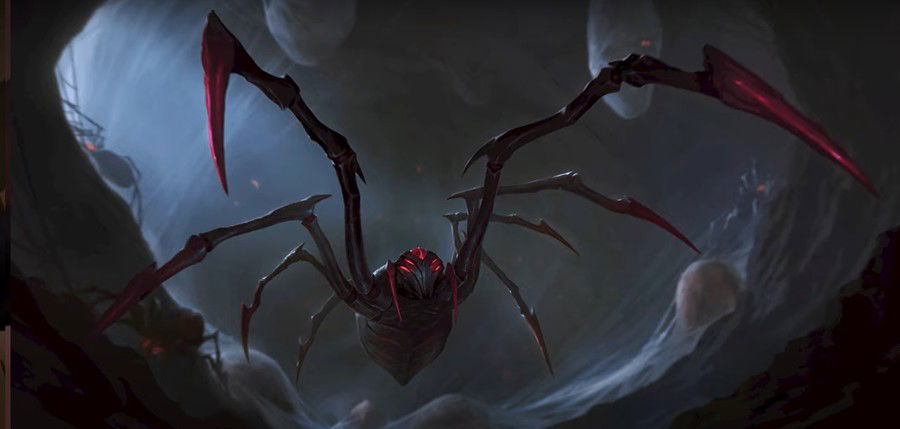
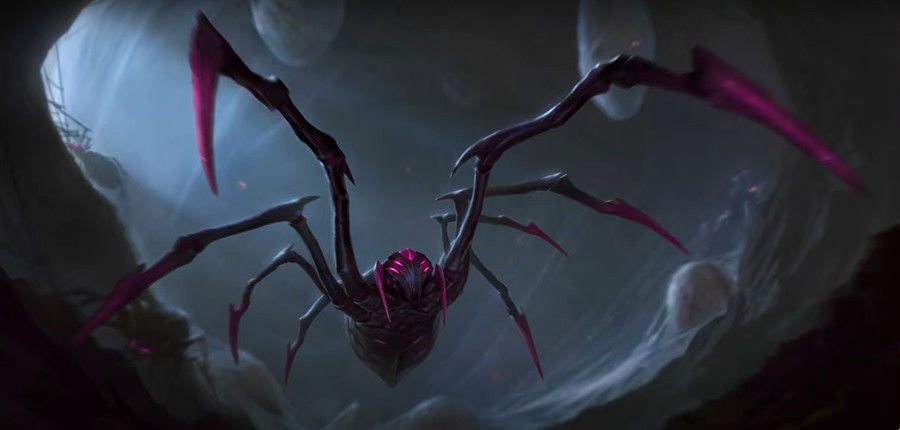
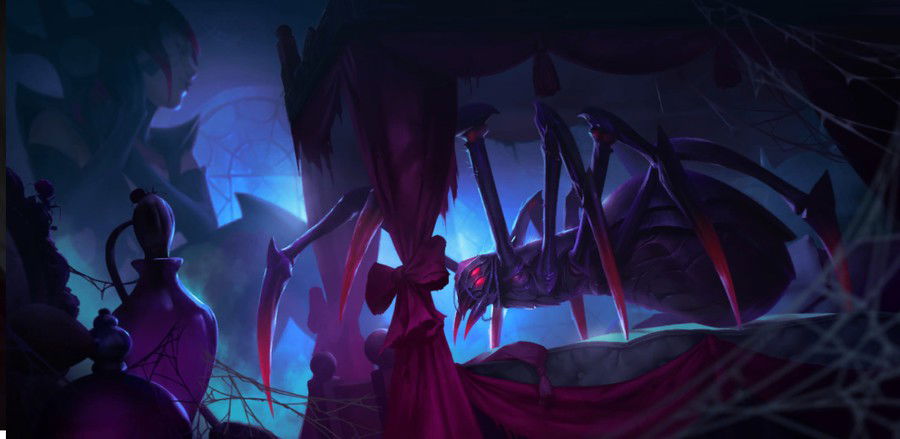
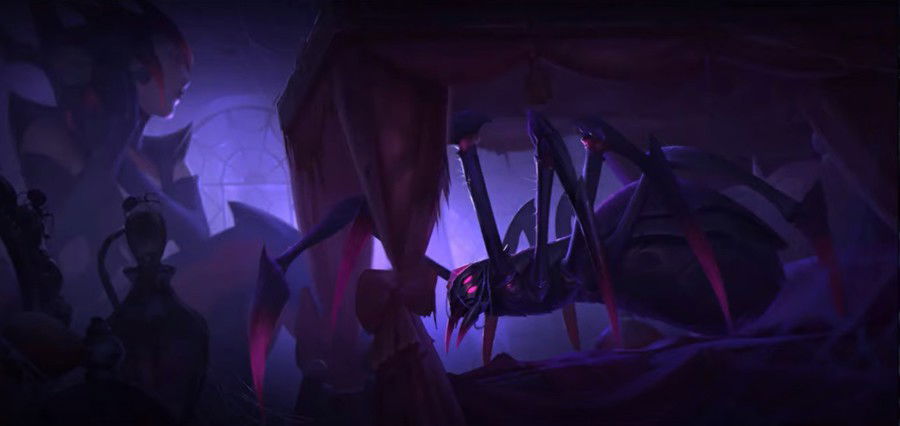
Honorable Mentions
Here we will discuss some cards that changed so much that they deserve their own space to be analyzed and talked about. We will go from the simplest to the most drastic ones.
The first honorable mention will go to Chempunk Pickpocket who, with the censorship, simply stopped being a pickpocket. Before we saw him stealing a wallet with a chempunk gadget, and now he is simply in an alley with an electric gun.
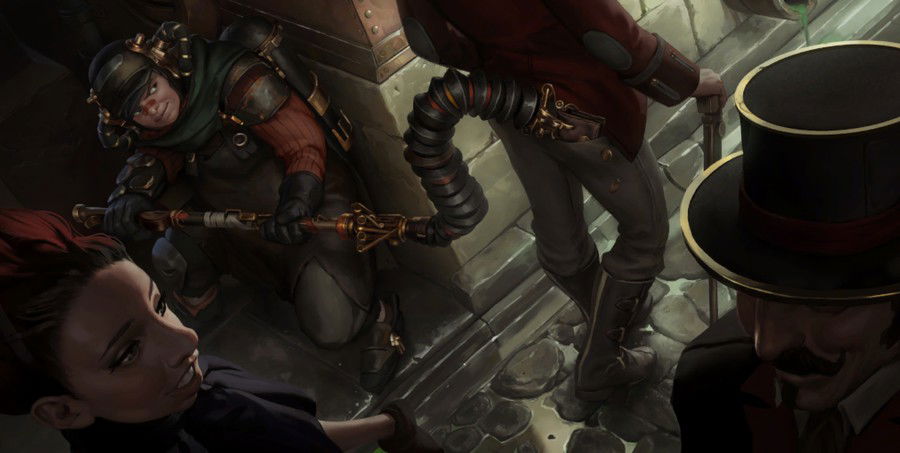
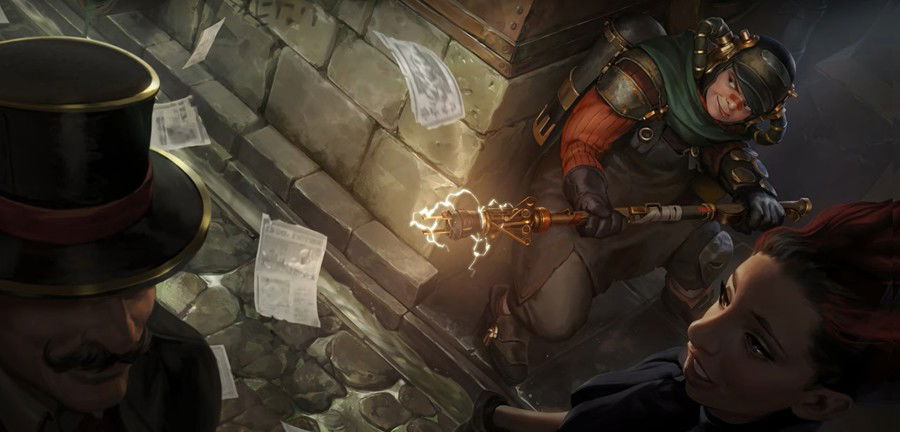
We stress here the card Arachnoid Horror, which was censored in all ways possible in order to avoid discomfort.
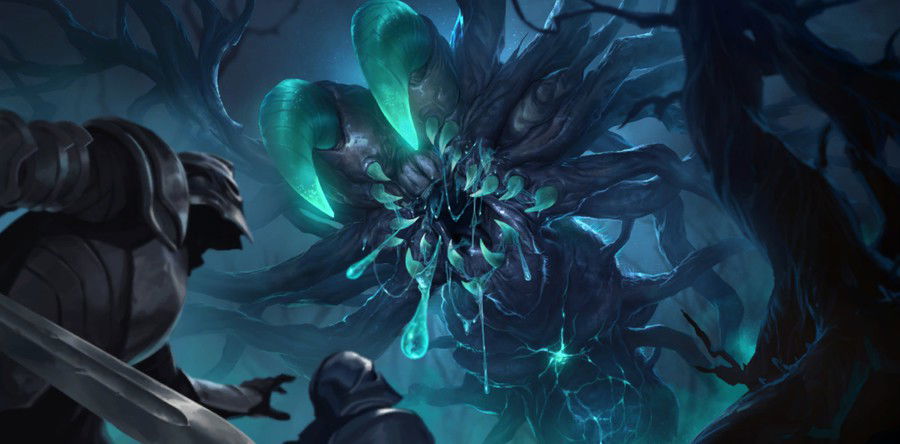
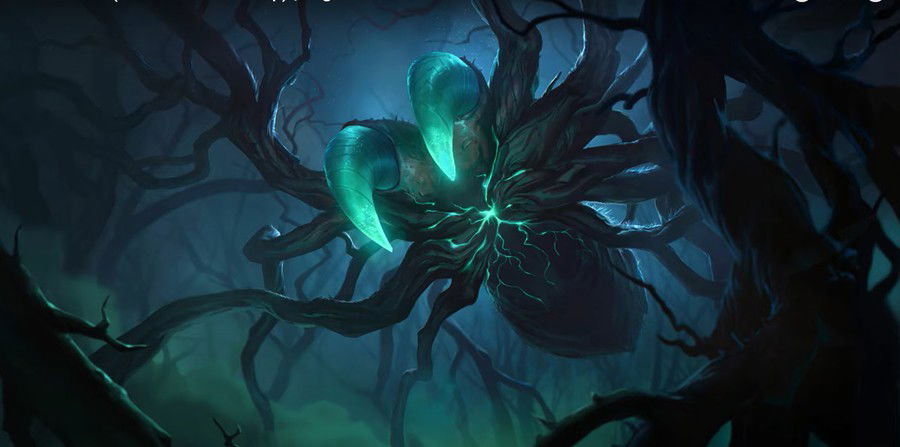
We have another card which was changed in a drastic way, ended up having to be redesigned and even lost the meaning of her name. The card Legion Saboteur, in order to take out mentions of war and murders, became a "lamp changer".
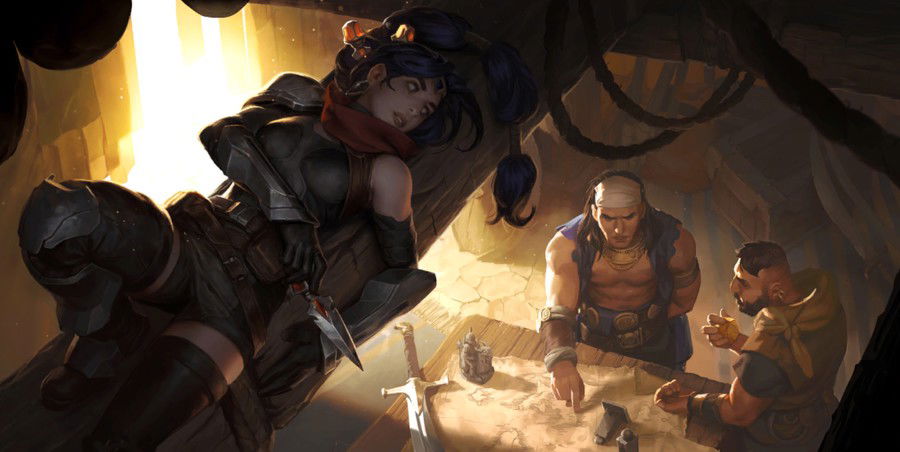
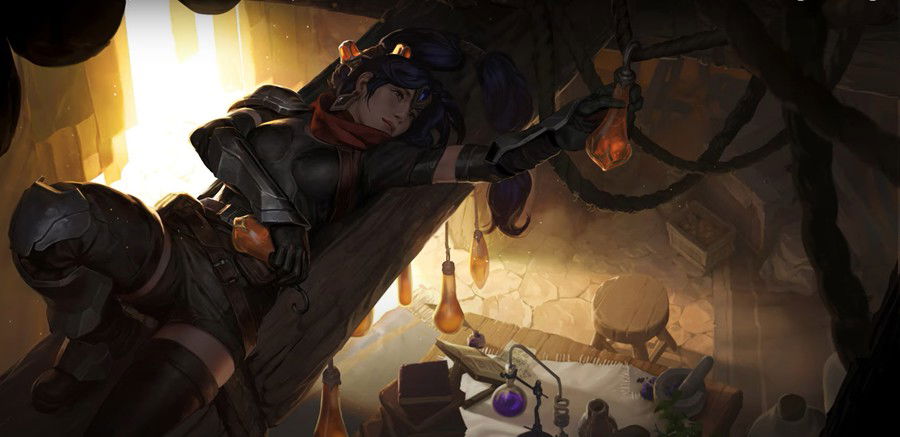
In the end, we have the most important of all honorable mention. By the cards and their scenery, it is possible to discover a lot about Runeterra's story. And one of the crucial characters to Elise's story development was simply erased from most of her cards.
Hapless Aristocrat, who was so excited to dine with Elise even brought her flowers, but that in the end was chased by Thresh and became the Spider Queen's dinner, is simply censored from most of his cards, because he is in close danger. The only mention left of his existence in the card's scenery were some roses he had in his hands.
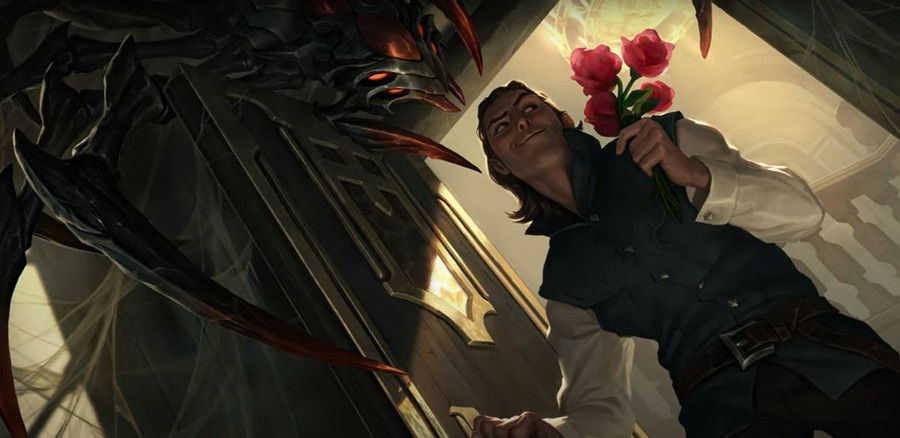
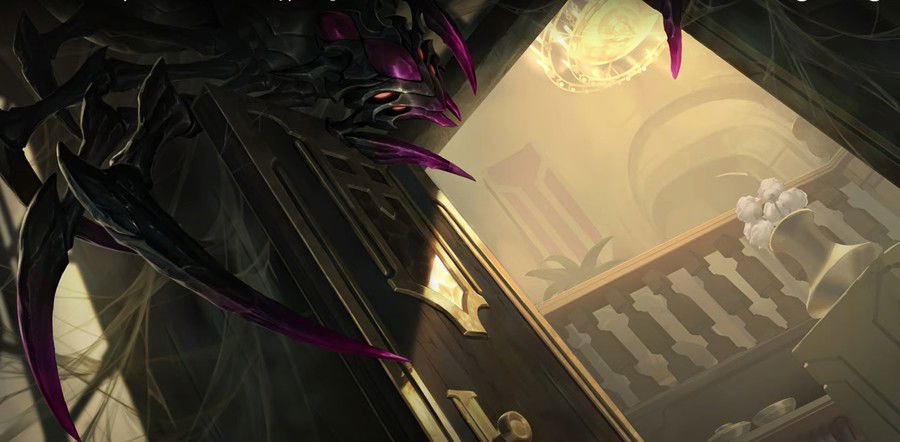
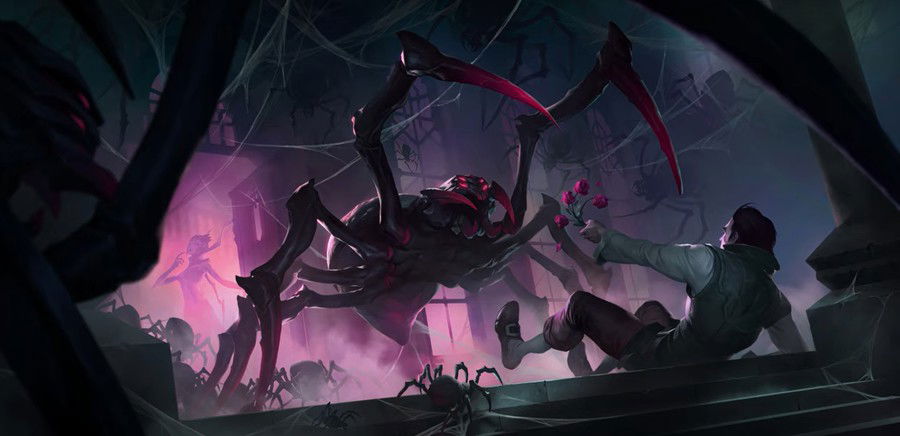
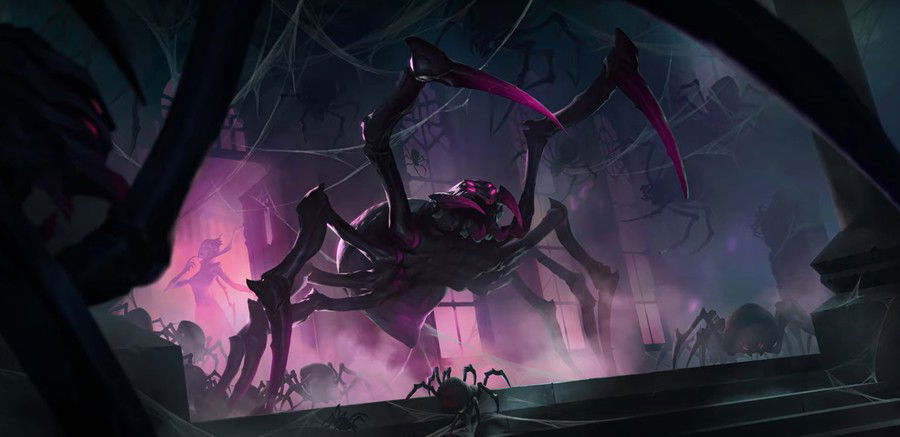
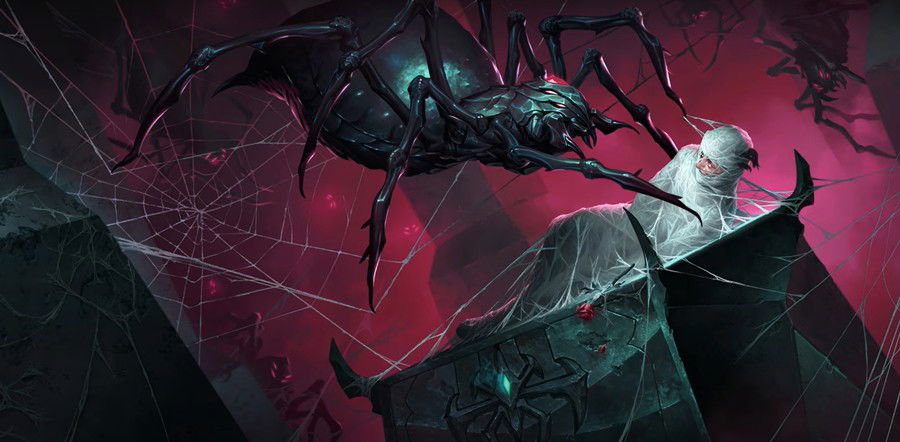
Ad
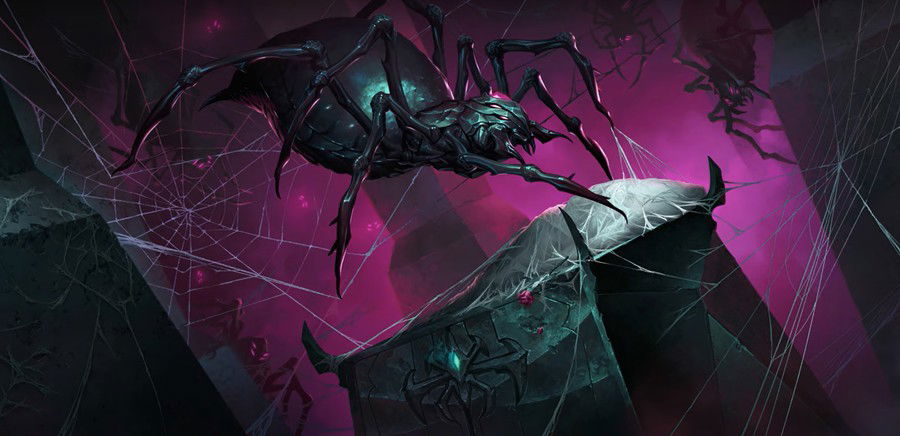
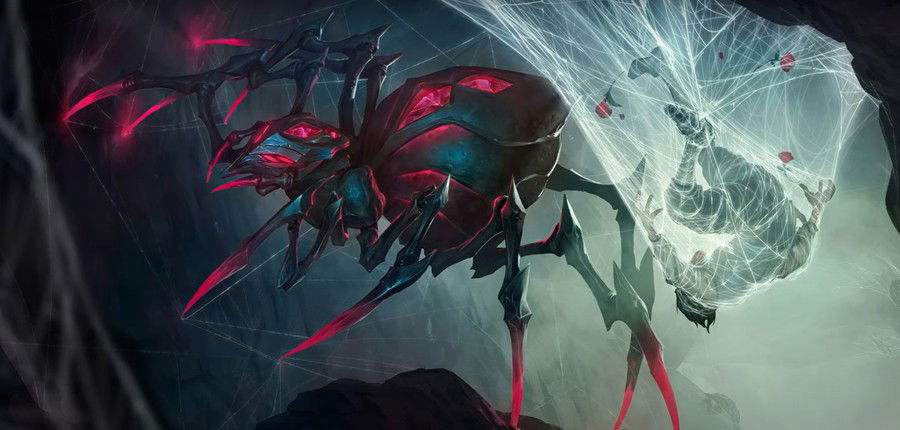
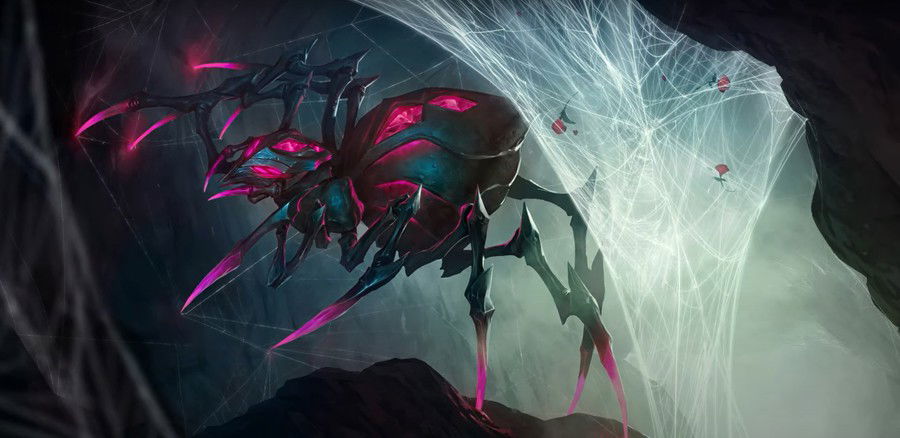
The only cards in which this character remains to show up are in Elise level 1:
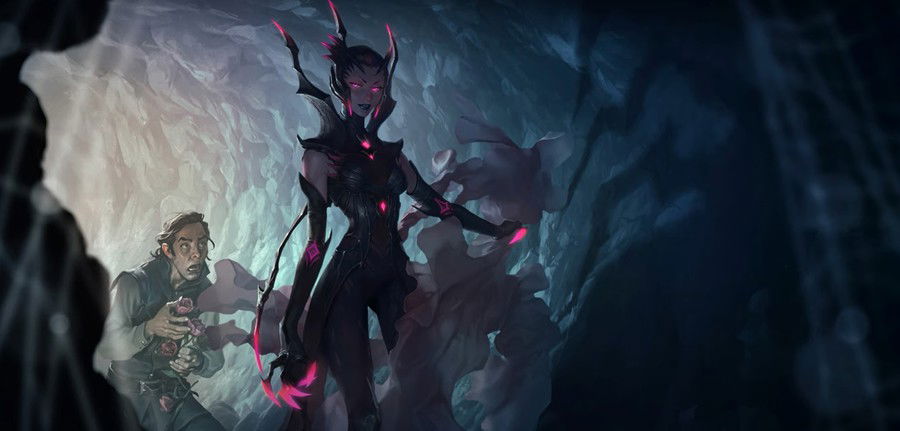
In the cards Warden's Prey and Hapless Aristocrat, in which he wasn't censored, but his "close dangers" were. Erasing completely Thresh, and a spider, no less, making it necessary to alter his face's art in one of them:
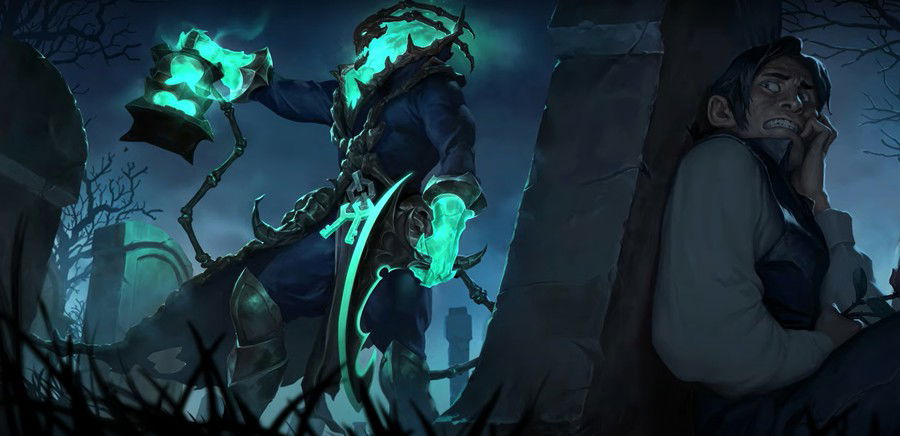
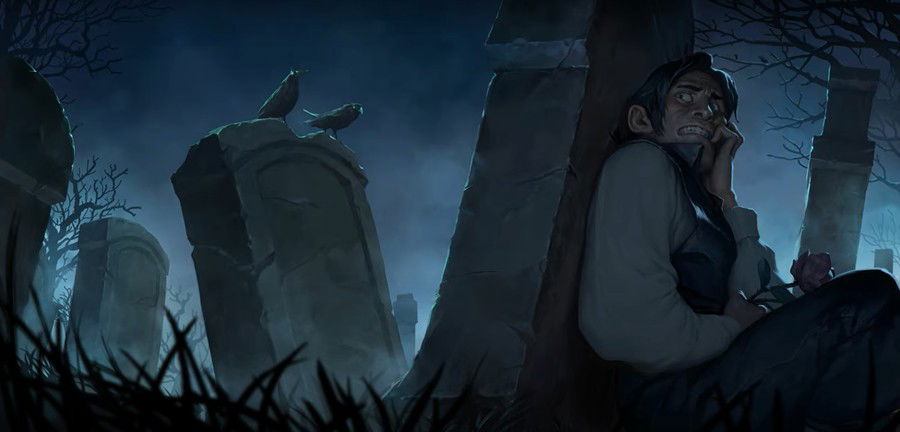
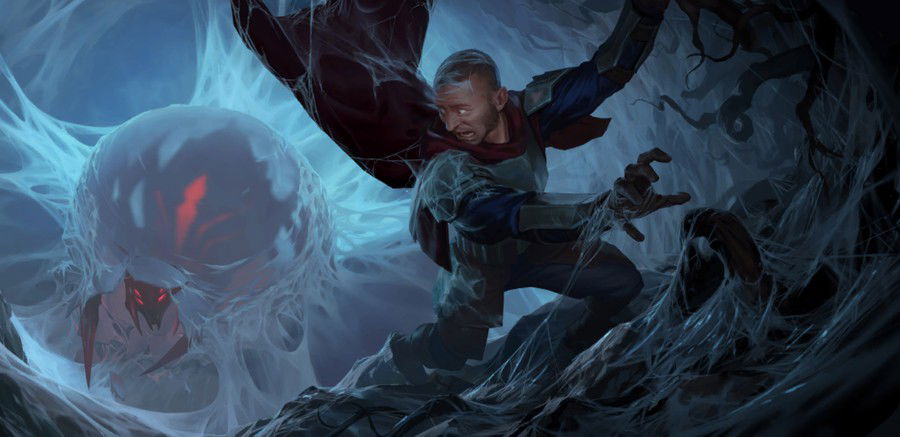
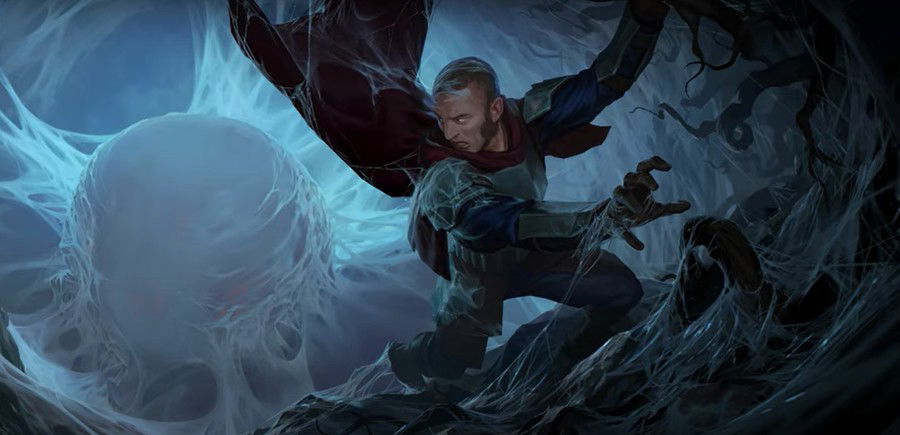
Conclusion
These are some of the censored cards in Legends of Runeterra. Obviously it is impossible to show them all, because the whole game goes through an analysis before being approved, as almost all the cards in the game were altered. But with this small sample, it is possible to see how interesting these censors are, besides analyzing the way in which other countries see the game.
Is there some change that caught your eye? Tell us all about it in the comment section!
See you next time!
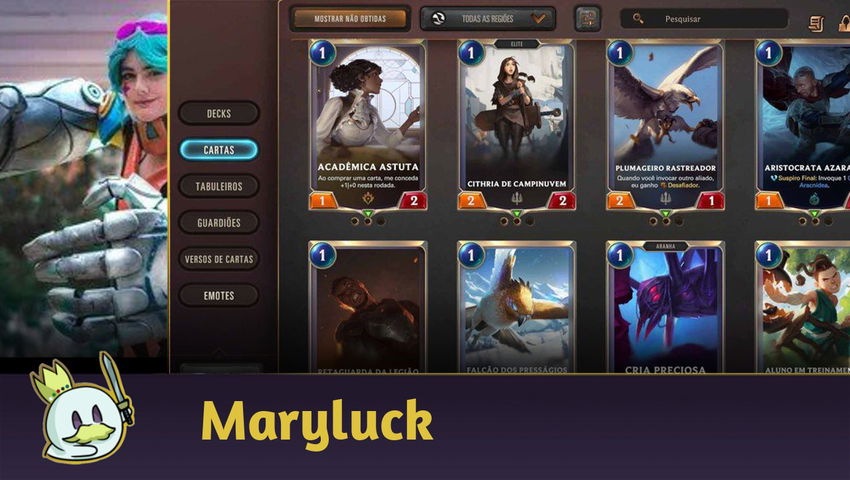



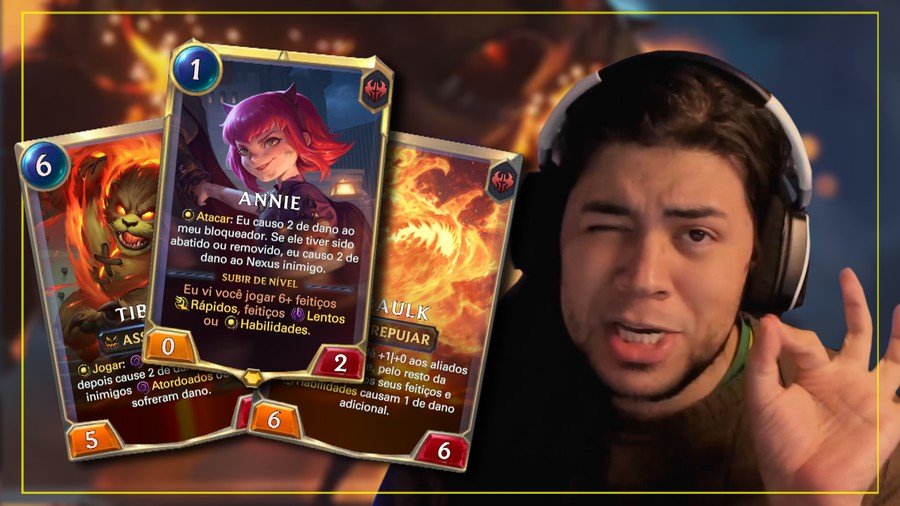
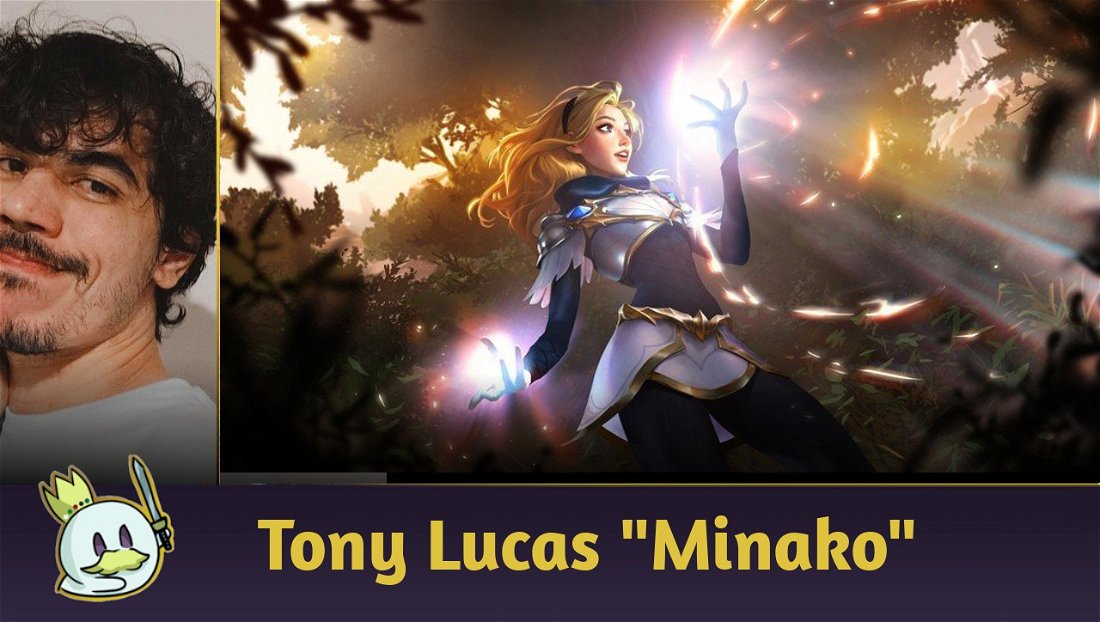



— Kommentare0
Sei der erste der kommentiert